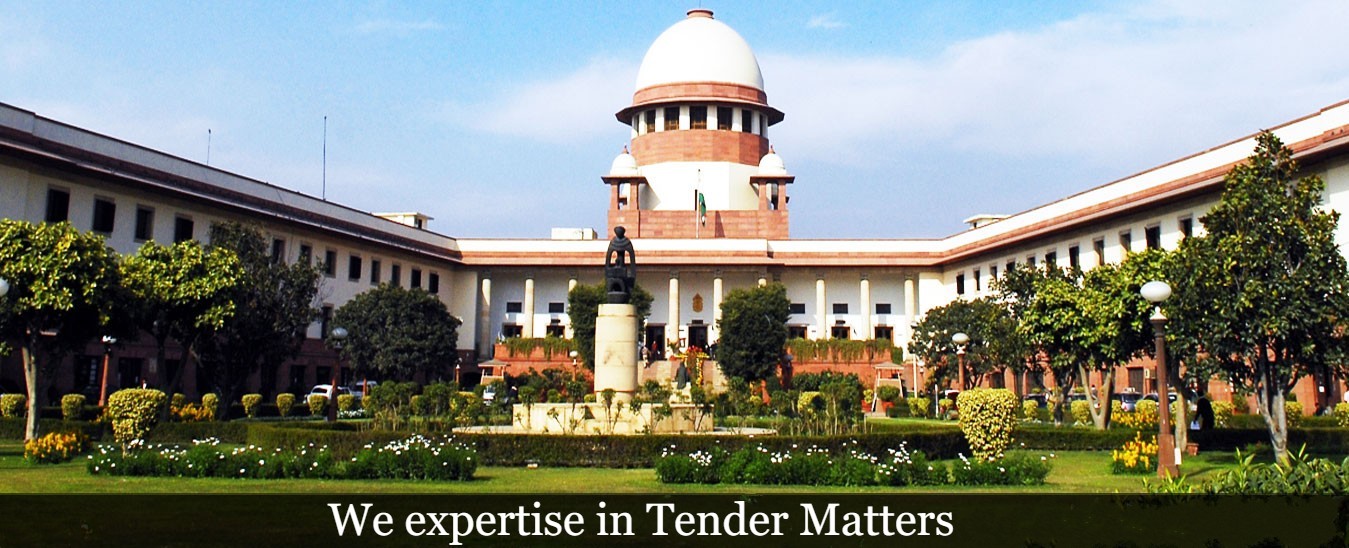 |
|
Hastings Chambers
Mobile No. : 98311 03325
Phone No. : +91-33-2242 8829 / 30 / 2248 4094 (Timing : 10:30am - 5:00 pm)
E-mail : utpalmajumdaradvocates@gmail.com |
|---|
| Home | I | About Us | I | Partners | I | Clientele | I | Our Judgments | I | Area of Expertise | I | Legal Aid | I | FAQ | I | Office Gallery | |||||||||||
|---|---|---|---|---|---|---|---|---|---|---|---|---|---|---|---|---|---|---|---|---|---|---|---|---|---|---|---|
|
|||||||||||||||||||||||||||





PROPERTY LAW |
|
|
WHAT IS HINDU LAW OF PROPERTY? |
|
|
The Hindu Succession Act, 1956 is an Act of the Parliament of India enacted to amend and codify the law relating to intestate or unwilled succession, among Hindus, Buddhists, Jains, and Sikhs. The Act lays down a uniform and comprehensive system of inheritance and succession into one Act. |
|
WHO ARE THE LEGAL HEIRS? |
|
| These laws are called "laws of intestate succession." When a person dies intestate, or without a will, the laws of the state where he resided determine how his estate is distributed. According to these laws, specific family members, or heirs, have a right to inherit a share of the decedent's property. | |
WHAT IS THE MEANING OF LEGAL HEIRS? |
|
|
Heir. An individual who receives an interest in, or ownership of, land, tenements, or hereditaments from an ancestor who has died intestate, through the laws of Descent and Distribution. At Common Law, an heir was the individual appointed by law to succeed to the estate of an ancestor who died without a will.
WHAT IS ADVERSE POSSESSION IN INDIAN LAW?Adverse possession, sometimes colloquially described as "squatter's rights", is a legal principle that applies when a person who does not have legal title to a piece of property usually land (real property) attempts to claim legal ownership based upon a history of possession or occupation of the land.
CAN DAUGHTER CLAIM FATHER'S PROPERTY IN INDIA?New Delhi: In a Supreme Court ruling, daughters can only claim their ancestral property right if 'father' died after the amendment of Hindu law. ... Earlier, under the Hindu Succession Act, 1956, a daughter was not empowered to inherit rights in ancestral property. |
 |
|
|
|
DOES A MARRIED DAUGHTER HAVE ANY RIGHTS ON HER FATHER'S PROPERTY?First of all property have to of your fathers.! ... The Married daughter have equal right in the parental property after the advent of amendment in Hindu Succession Act 1956, that came into force since 9th sept 2005. The Hindu Succession Act, 1956, originally didn't give daughters equal rights to ancestral property.
WHAT ARE PROPERTY RIGHTS ?Private Property Rights allow people to
fully own and employ their assets, land and
resources without interference from the government or any
other entity or individual(s).
|
|
|
While rich people living in cities
have relatively secure titles to their property; the
poor in India s farms, villages and forests do not. If
we can secure strong property rights for the poorest
among us, it will go a long way in helping them to
prosper and escape poverty. Property rights, for
millions of Indians, are either not secure or are not
well-defined. The following is worth noting- |
 |
|
Poor Land Records and Administration: The state has not only failed in recognizing the land rights of many citizens, it has also failed in creating adequate mechanisms for people to establish their title. Land records are poorly maintained and are, for most part, not computerized. Land laws are numerous, cumbersome and hard to comply with. Our land administration is complicated and needs to be streamlined.
IMPORTANCE OF PROPERTY RIGHTSOne of the determining factors of the
prosperity of a country is the respect and protection it
accords to the property rights of its citizens.
|
|
|
|
|
PROSPERITY AND PROPERTYA number of reasons are proposed to explain the prosperity (or lack thereof) in different countries. The standard reasons proposed are a country s endowment of natural resources, population density, geographical location, state spending in education and healthcare, cultural values and a variety of other factors. When we go on to examine each of these factors, none of them manage to adequately explain why some countries are rich while others remain poor. Take the case of Singapore and Hong Kong. Both countries are city states, virtually devoid of natural resources. Yet, they are some of the most prosperous regions in the world. The case of South Korea is particularly astonishing: after being devastated in the Korean War in the 1950s, it has today in the space of a few short decades emerged as one of the most developed nations in the world. There are then, many anomalies when it comes to development countries that prosper despite the lack of resources (Hong Kong); and countries that do not despite being rich in oil (Argentina). Likewise, there are some countries with high population densities that perform better than countries with low populating densities. Anomalies abound.
|
 |
| Home | About Us | Partners | Clientele | Our Judgements | Area of Expertise & Services / Practise Area | Legal Aid | FAQ | Office Gallery | Career | Office Location | Enquiry | Contact | Social Work Activities | News | ||
|
||
